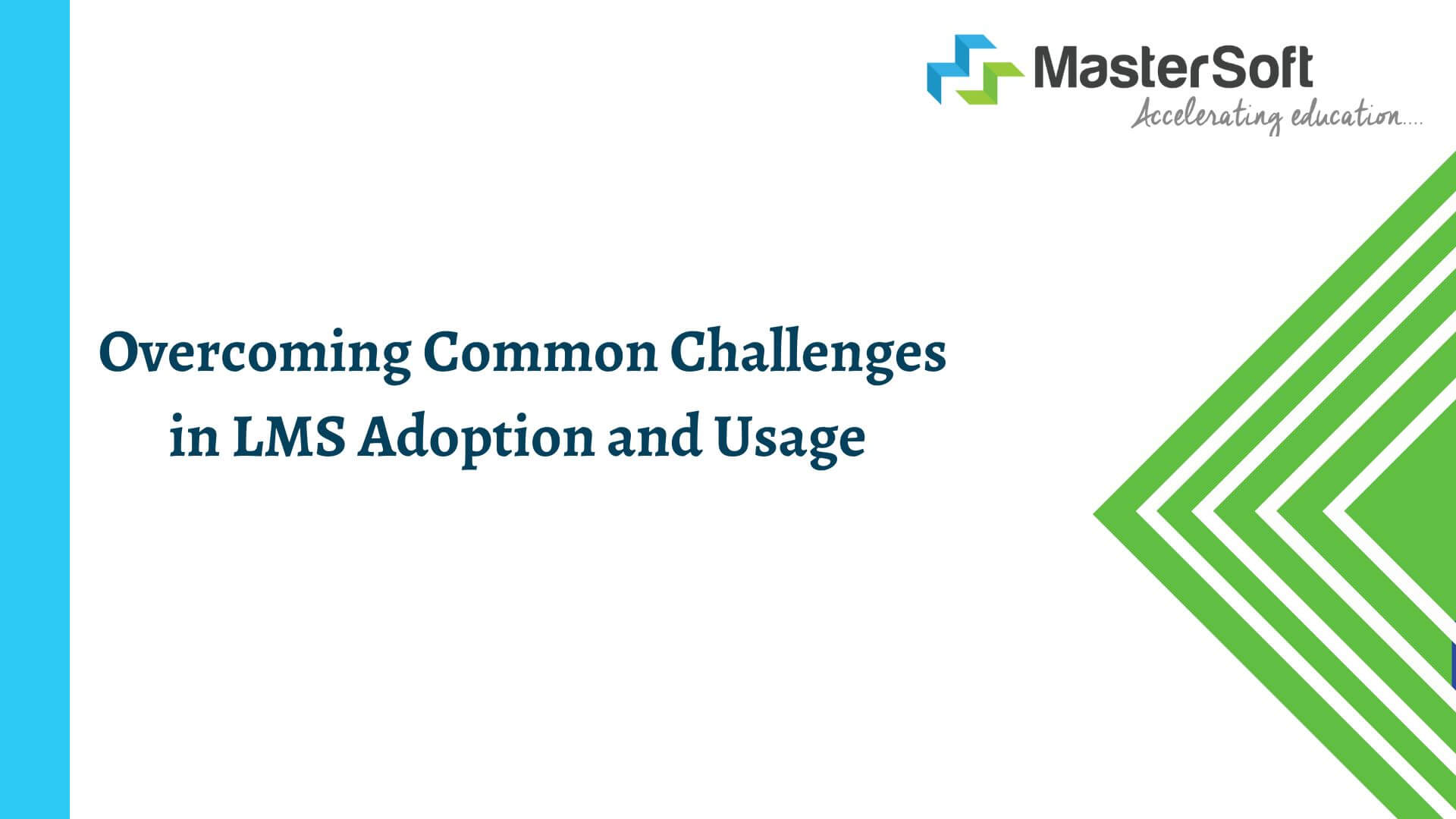Navigating Admission Policies: Your Path to Success

Graduate school can be a fantastic way to continue your education and follow your interests, but the admissions policies might be daunting. A good application involves several variables, and it might be tough to know where to begin. We’ll discuss some tips and tricks for navigating the graduate school application process and improving your chances of acceptance in this post. If you selected option three, you are correct! Affluent students are greatly favored in the admissions policies. Continue reading to find out why.
Demonstrated Interest
According to a new study, demonstrating interest has become a means for high-income students to get an admission advantage. Many schools urge applicants to show that they are truly engaged in their programs. According to a National Association for College Admission Policies Counselling survey, 50% of institutions consider shown interest to be of significant or moderate relevance in the admission policies.
While some methods of expressing interest are free, the researchers concluded that more selective schools are more likely to value campus visits, which can be expensive. Teenagers who apply to and visit highly elite schools are up to 40% more likely to be admitted than equivalent pupils who cannot afford to visit the college, according to the study.
Grades in High School
When choosing who gets in and who gets rejected, colleges and universities mainly rely on grades. According to one study, the grade point average improved dramatically over the last two decades, from 3.27 to 3.38. The good news is that wealthy kids’ GPAs climbed the highest. The schools with the biggest grade inflation had an average GPA of 3.56. Minority students, on the other hand, generally attended schools with the lowest average GPA of 3.14. If you want to earn high grades then simply hire admission assignment help.
Legacy Students
When elite colleges and universities improved their admission standards, including the introduction of the SAT, they began giving preferential consideration to the offspring of alumni in the early twentieth century. Then, children of immigrants began outperforming some wealthy pupils who had previously been guaranteed entrance. As a result, educational institutions began to reserve a substantial number of slots for the children of these wealthy families. Legacy admissions are a shame to a country that takes pride in being a meritocracy.”
Admissions Policies That Consider Need
The vast majority of private American institutions are aware of the necessity. They begin accepting students without regard to their financial ability to pay, similar to colleges with need-blind admissions procedures. Reed College’s financial aid staff reviewed the list of admitted students since there was more financial need than usual. Readers were outraged by the post, but what they didn’t realize is that need-aware practices are typical.
Race-Based Affirmative Action
Minority students have an admission policies edge at many prestigious private schools. However, most students who win the education lottery and receive admission are not low-income.
Test-Optional Policies
Schools that announce that they will make ACT/SAT scores optional must always provide a noble explanation for the policy change. These exam scores are closely connected with income, which disadvantages low and middle-class youth. Students with higher incomes can buy test prep courses, which can help them improve their exam scores. Only students with exceptionally high test scores disclose their results to test-optional universities, raising the average test score reported to college rating organizations.
Merit Scholarship War
Merit scholarships are being vigorously pursued by both private and public schools for affluent students. With the number of traditionally favored candidates (affluent teenagers with good profiles) shrinking, schools are competing for these pupils by awarding merit rewards. According to the report, as institutions spend more money on merit scholarships, the quantity of aid for low-income students decreases. Institutional merit grants have risen in popularity and now outnumber institutional need-based grants at several colleges.
Admissions by Early Decision
If you apply early decision, you will have a better chance of getting into selective colleges and universities. Students that apply early decision commit to attending if accepted, regardless of financial aid. This is not a guarantee that most low-income kids can make.
Consultants for Private Colleges
The application process can be intimidating, especially for low-income students who are the first in their families to attend college. Low-income families, unlike wealthy families, cannot afford to engage consultants to help them. If you suffer from consulting then get assignment help online from our consult team.
Tax Credits
Investing in a 529 college savings plan is an excellent method to save money for education. It’s also costly for the federal government and most states because these plans offer large tax breaks to wealthy parents. According to federal data, 70% of those who received 529 tax benefits had a household income of more than $200,000.





